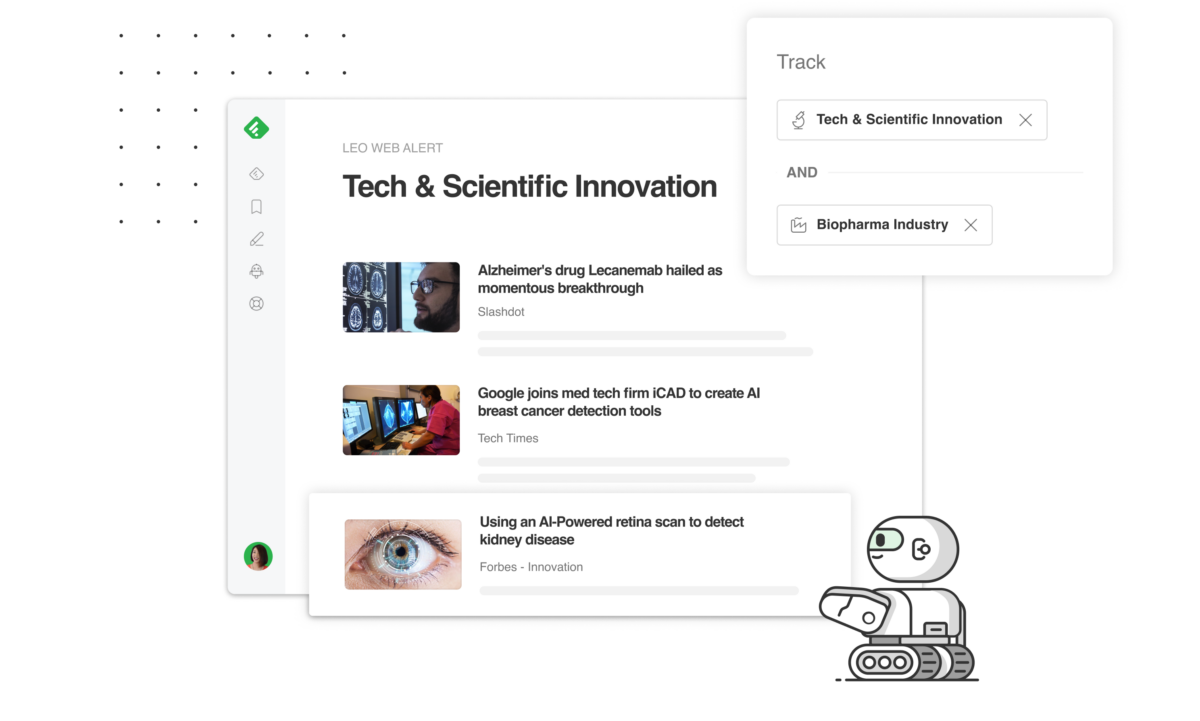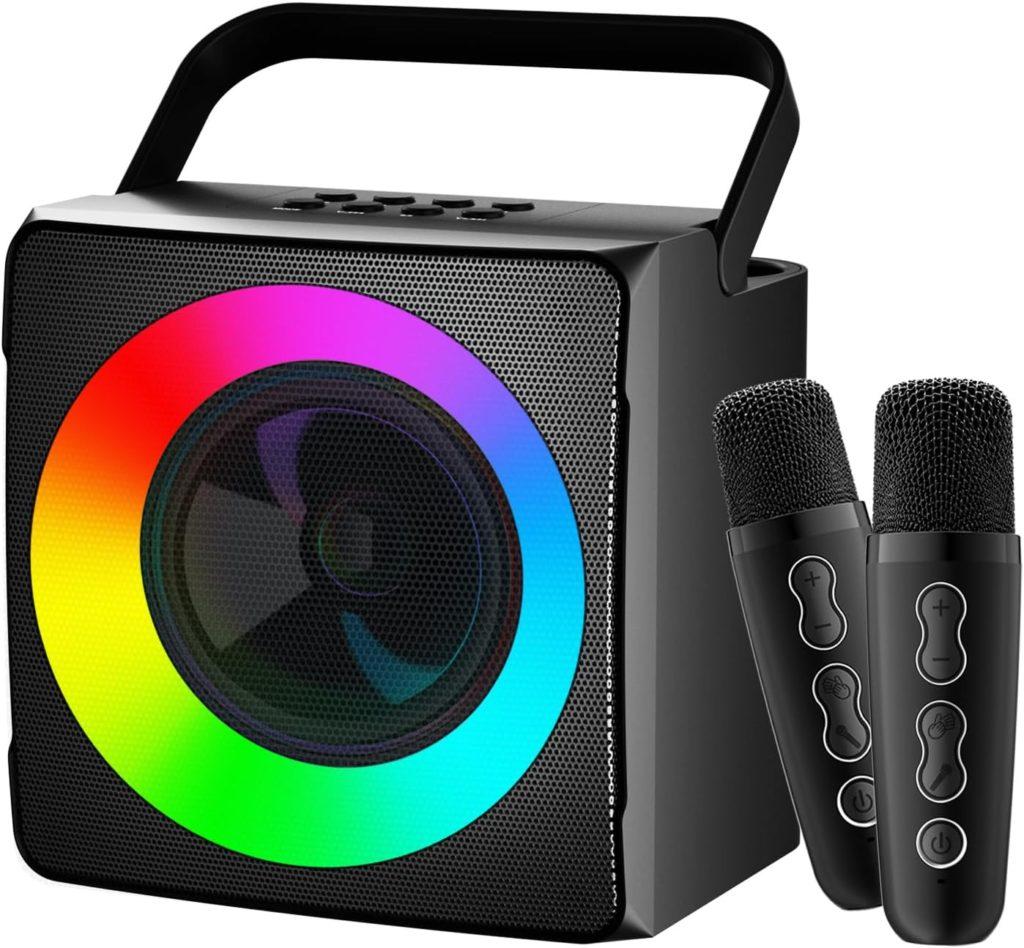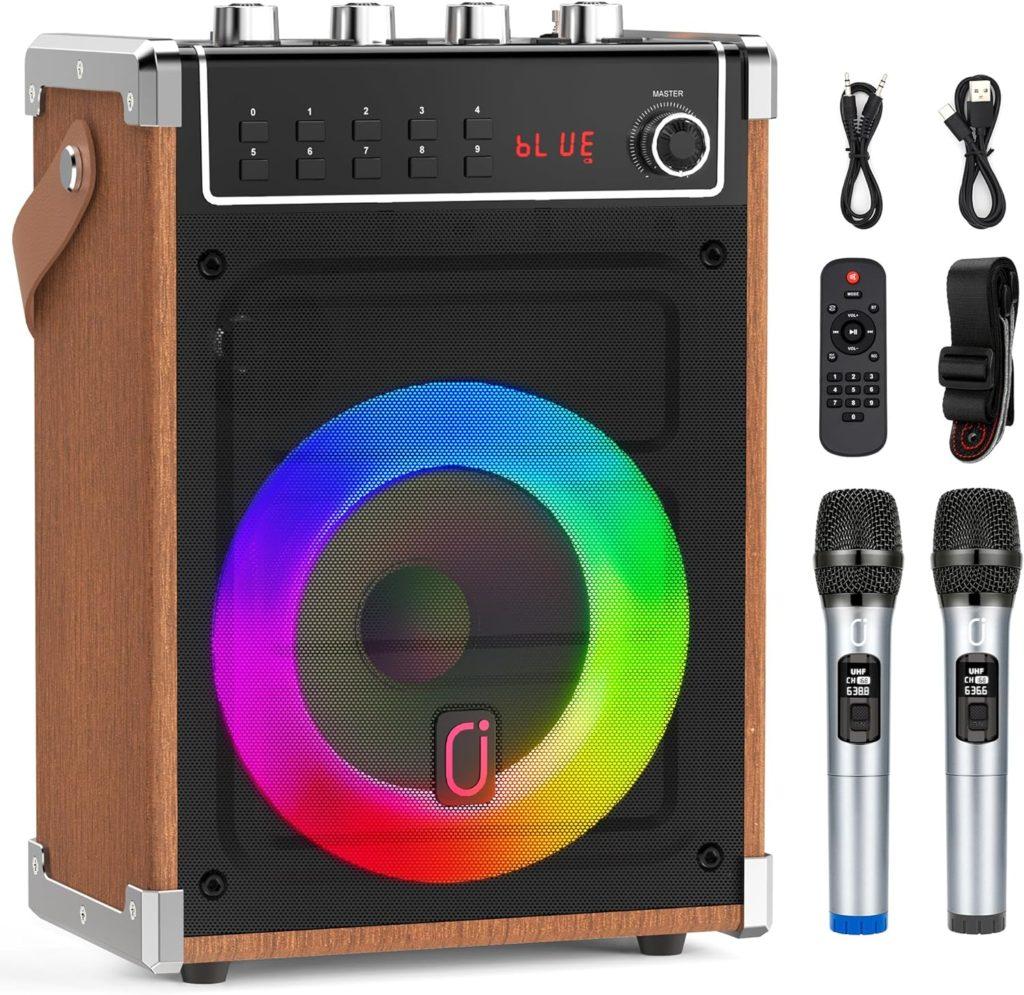
They say learning is more difficult as an adult. They’re wrong.
Key Takeaways:
- Many adults decide to learn new skills when their lives open to more free time.
- Many characteristics we develop in adulthood make learning easier.
- Adult learners face some challenges, but being prepared helps overcome them.
The wait is over. It’s time to learn guitar, no matter how old you are.
Most of us have heard the myth of how much harder it is to learn something new after a certain age. The truth is that, in many ways, being older makes learning easier. Focusing is easier, and you’re more likely to dedicate time to a new endeavor and be consistent.
Learning to play an instrument is one of the most common interests older adults pick up as they have more time on their hands. The guitar is a popular choice because of its versatility and relative ease. There are a few tricks to learning to play guitar as an adult, however.
This guide explores the truth about learning as an adult, some challenges you may face learning guitar, and some tips to make it a lot easier.
The Truth About Learning as an Adult
The process of adult learning, called andragogy, is different from how humans learn as children. The key differences are:
- Adults have a readiness to learn that is triggered by a specific situation, such as career growth or personal fulfillment.
- They typically seek to learn practical skills that make life easier.
- Children are directed to learn. Adults need their own motivation to make it happen.
- Years of life experience help adults learn new things faster.
Learning guitar can be easier as an adult for many music lovers. Someone with a deep, emotionally anchored desire to learn the guitar will always succeed. Chances are even better when you educate yourself on the potential challenges before you start.
Challenges for Adult Learners
Adult learners will encounter various obstacles while learning to play guitar. The key is not to let anything stop you.
There’s a way around every problem. Some problems that typically occur when someone first starts to learn guitar are:
Counterproductive Goals
Many people create goals that actually keep them from achieving the things that matter to them. Simply setting a goal to learn the guitar isn’t going to be successful. It’s far more productive to set a goal to practice guitar for 15 minutes a day.
Unreliability
You must be able to count on yourself to show up and do the work daily. Setting a process-based goal is the first step. The next step is consistently showing up to practice your instrument by the schedule and goals you’ve set.
Practice vs. Play
It’s imperative to know the difference between play and practice. Practice means you are pushing outwards on your abilities. It means you’re trying things you don’t know how to do and learning from your mistakes.
Unwillingness to Fail
An unwillingness to fail means that you will continue to try, no matter how hard it gets. Blistered and calloused fingertips will not stop you, nor will frustrating riffs or challenging chords. You will continue until everything that seems complicated becomes second nature.
Knowing the challenges you may face before you start puts you ahead of the game. You’re already prepared for any obstacles and have a plan to overcome them.
Tips for Learning Guitar
Learning to play the guitar can be challenging at any age, especially if you don’t have any musical experience. The good news is that many tips, tricks, and hacks make the experience easier.
Get the Right Guitar
A large part of learning to play guitar is owning one. You can rent or borrow one, but it makes things much easier when you have one of your own. You are better able to learn its idiosyncrasies and unique characteristics.
The right guitar for you isn’t the right guitar for every adult beginner. It’s a very personal thing. Your guitar will fit the size of your hands and body. It will be comfortable to hold and not unwieldy. It doesn’t have to be expensive – they can even be found at a thrift store or pawn shop. The best idea is to explore a range of beginner guitars and find one that feels right.
Focus on Dexterity
Guitar playing is a physical activity. It demands substantial dexterity and flexibility in the fingers, wrists, and hands – something some adults find difficult and even painful. Tackle this problem by finding simple, easy dexterity exercises you can do throughout the day.
Play What You Enjoy
You chose the guitar because there is something about it that you like. Perhaps it is the main instrument in your favorite song or reminds you of the melodies your grandfather played when you were a child.
Start learning to play the songs you love the most. Begin with a single chord and build your repertoire as you progress. Hearing familiar tunes take shape is an exciting way to stay motivated.
The most useful tip of all is to stick with it. It can feel like you’re not making any progress, but that’s not true. Try keeping a video diary of your practice sessions once a week, and you’ll see how far you’ve come.
Learning to play the guitar as an adult is not an insurmountable goal. Being an adult means we have much more control over our time and energy. Playing guitar is one of the most enjoyable and worthwhile ways to spend it.
Take the Leap and Inquire About Guitar Lessons Today
The first step in guitar lessons is learning your options. Talking with a pro is the best way to decide which guitar is right for you and how you want to learn. Explore the private, virtual, and group lesson options, and check out the instrument rentals and sales.
Sloan School of Music provides lessons in various musical disciplines. We also offer a store with top-of-the-line musical instruments and accessories for sale, plus instrument rental programs for those who do not want to own their own. Check us out today and start playing tomorrow!






